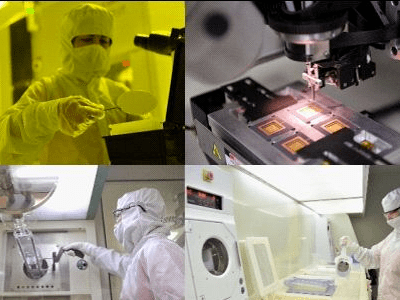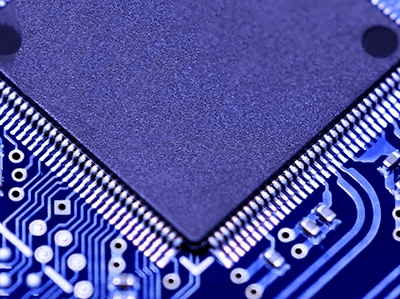Expect the sunshine era of India’s Semiconductor & Electronics industry…!!!
Share This Post
The road to emerge as another semiconductor giant has begun for India. Although, India has the requisite expertise in software and design, it significantly lags capacity in electronics hardware manufacturing.
If we compare India with Asian countries like China, Taiwan, Korea, Japan etc., India still has to travel a very long distance. These countries have positioned themselves as experts in the semiconductor value chain, starting from design, manufacturing and right up to packaging, etc.
India, at present contributes less than 5% of the total global semiconductor market revenues; however, this share is expected to reach 11% by the end of 2015. Initiatives taken by the Government of India to promote this sector are expected to spur the market in the coming years.
To speed up the foundation of India’s semiconductor & electronics industry, the Union Government has proposed to provide a sum of INR 10,000 crore as an ‘Electronics Development Fund (EDF)’ to promote electronics hardware manufacturing in the country.
Other initiatives include, setting up of the National Electronics Mission, semiconductor wafer fabs, favourable policies to procure electronics goods manufactured domestically, manufacture of high priority products such as digital set top boxes, smartphones, tablets, etc., and creating electronic manufacturing clusters.
Foundry vendor, TowerJazz has reportedly shown interest in setting up a semiconductor fab in India, which will have the capability to manufacture 300mm wafers, 90nm analog technology and companion chips from 65nm to 45nm.
To build ‘greenfield’ and ‘brownfield’ Electronic Manufacturing Clusters (EMCs), the Govt. of India has recently received an investment proposal of INR 2,000 crore, which aims to set up three clusters in southern India. Two EMCs have been proposed by the Andhra Pradesh Industrial Infrastructure Corporation, while the third cluster is proposed to be set up by GMR Infrastructure.
The Department of Electronics and Information Technology (DeitY) has received a preliminary application from Raaga Mayuri Builders to set up two more electronics clusters in Andhra Pradesh. All such investment proposals will be duly evaluated before grant of approval.
Apart from announcing policies to attract investment in manufacturing, the government must simultaneously pay attention to rationalizing the prevailing taxation rules. For instance, while a landed consignment of electronic assemblies / equipment attract no or low customs duty, import of components for local manufacturing sees a larger incidence of tariff. According to the Directorate of Transfer Pricing, Department of Income Tax, Govt. of India, about 3,500 transfer pricing litigation cases amounting about INR 1,11,299 crore for FY 2010-11 and FY 2011-12 are still pending in India. Despite the best incentive schemes, lack of clarity in taxation rules and perceived indifference in their application is bound to restrict investors’ confidence.
The government must realise that this is the right time to announce and implement serious tax reforms, which will not only benefit the investors but also the country in the long run.
If the government takes steps to ensure quick and positive movement on both the incentive schemes to encourage indigenisation and local manufacturing, and rationalizes tax rules, the sunshine days of the Indian semiconductor and electronics industry cannot be too far behind













